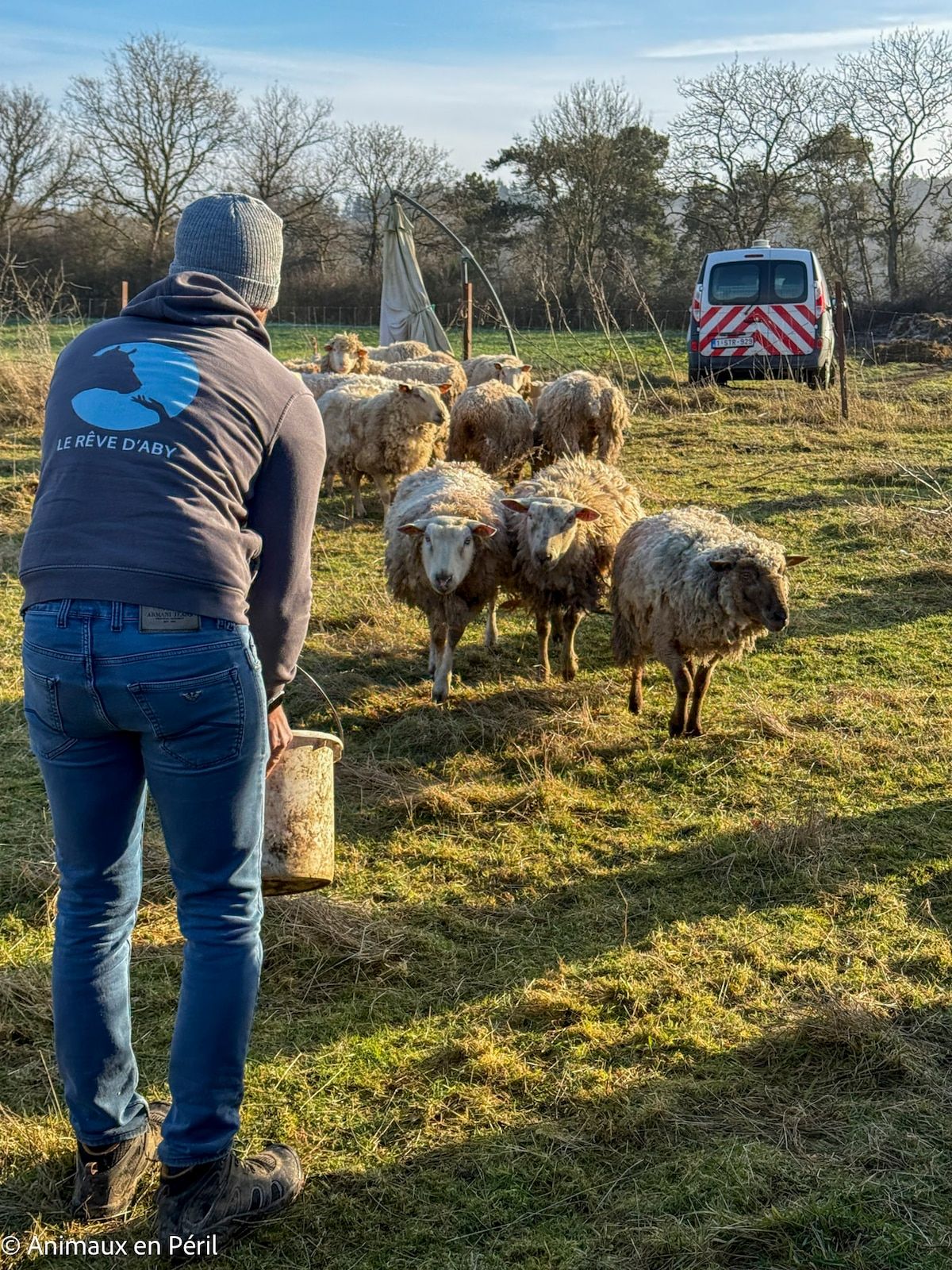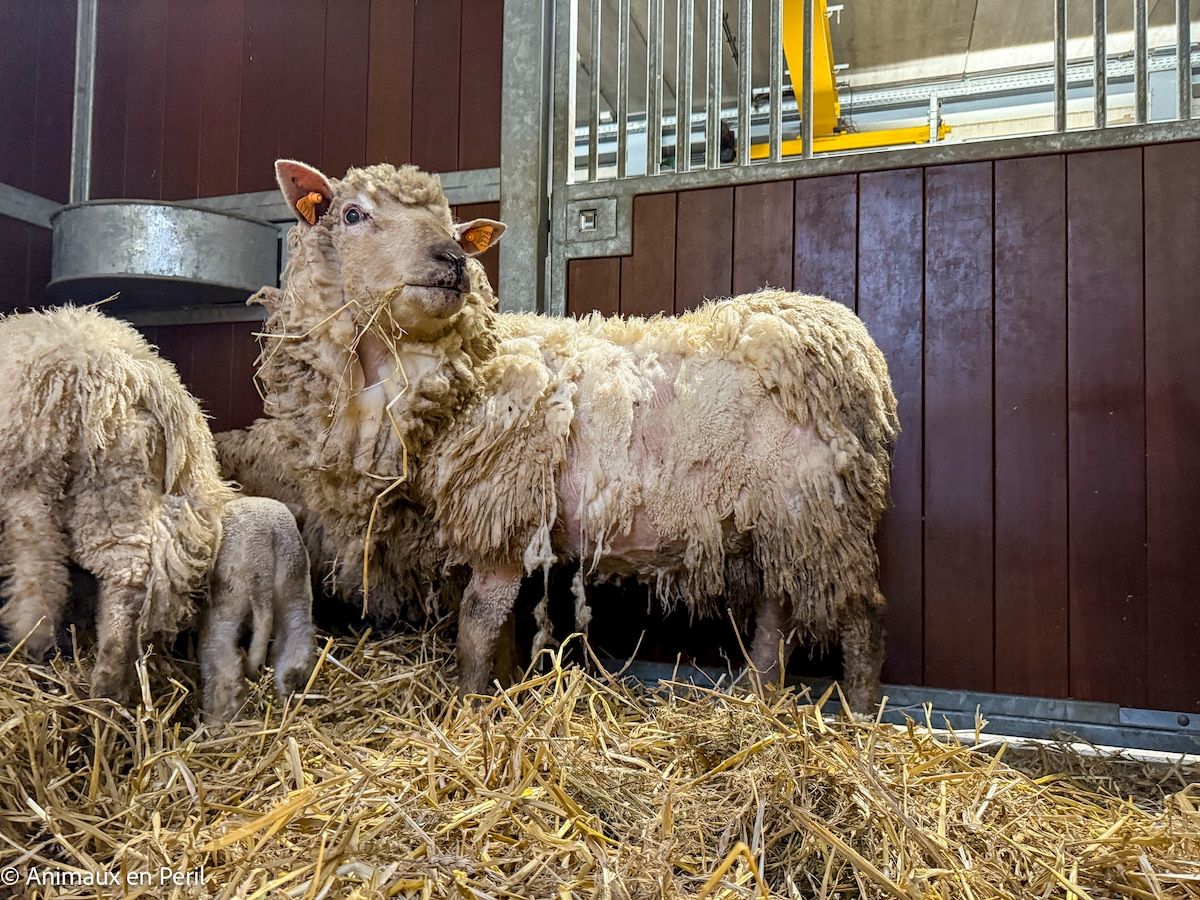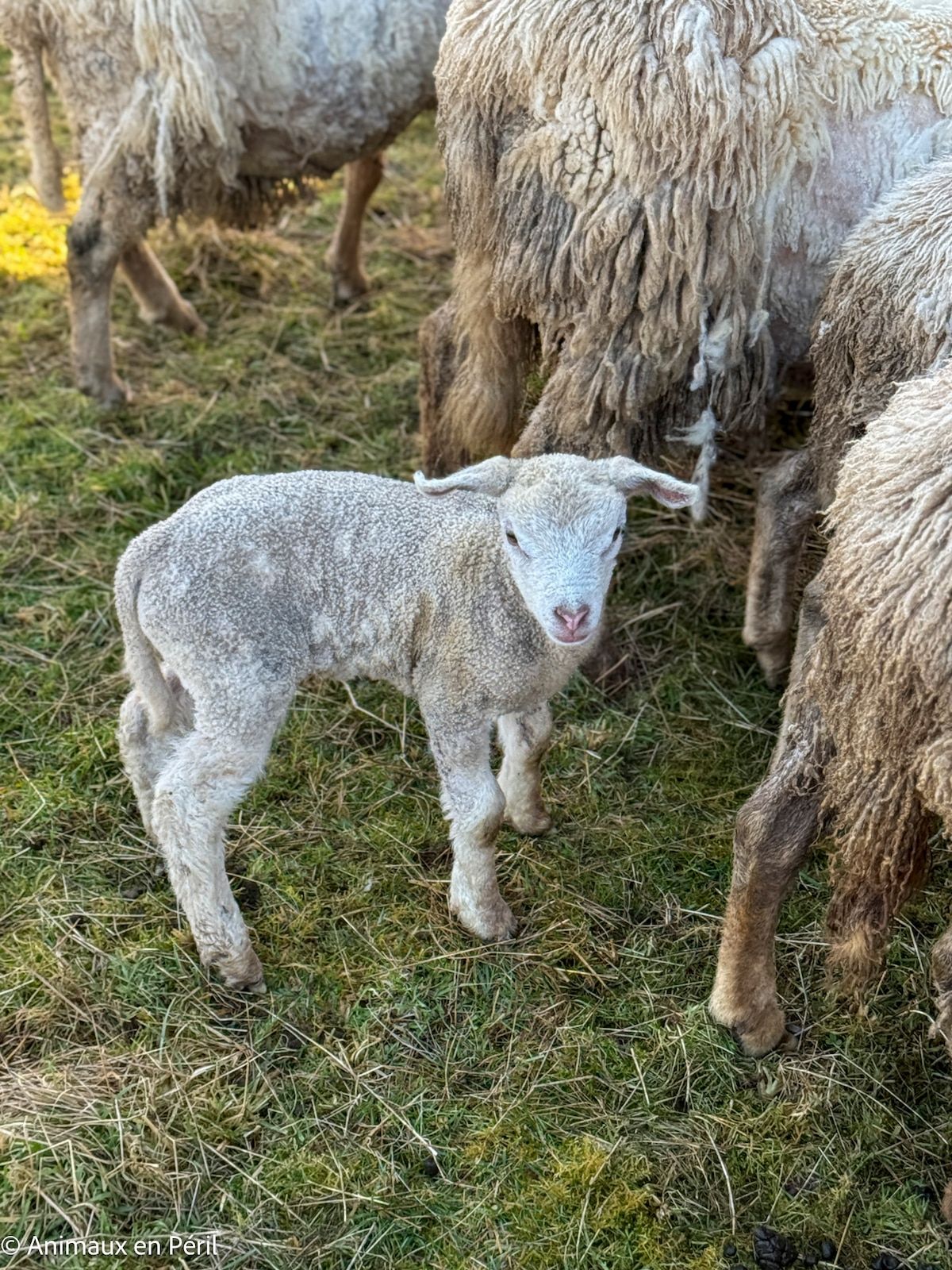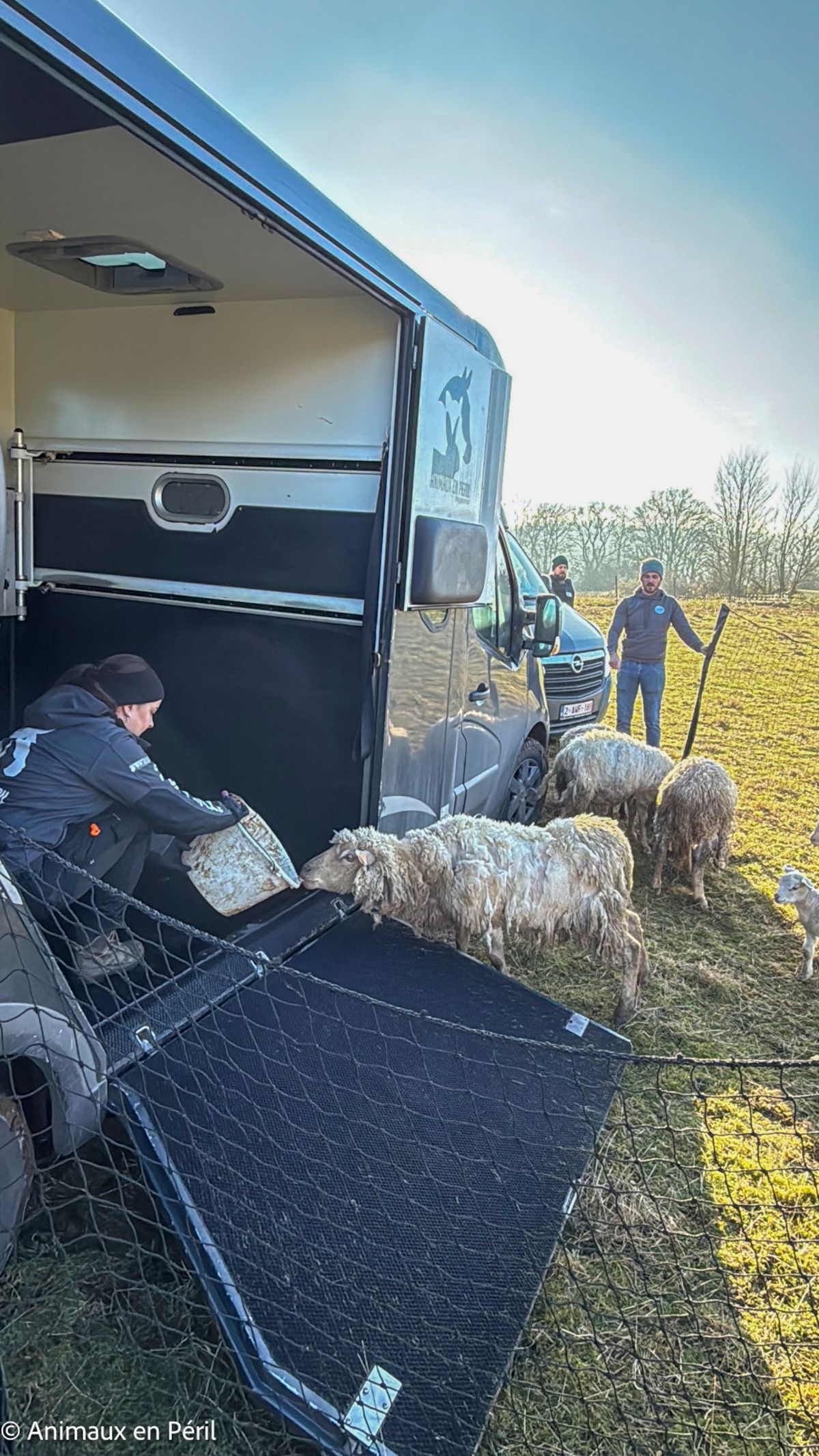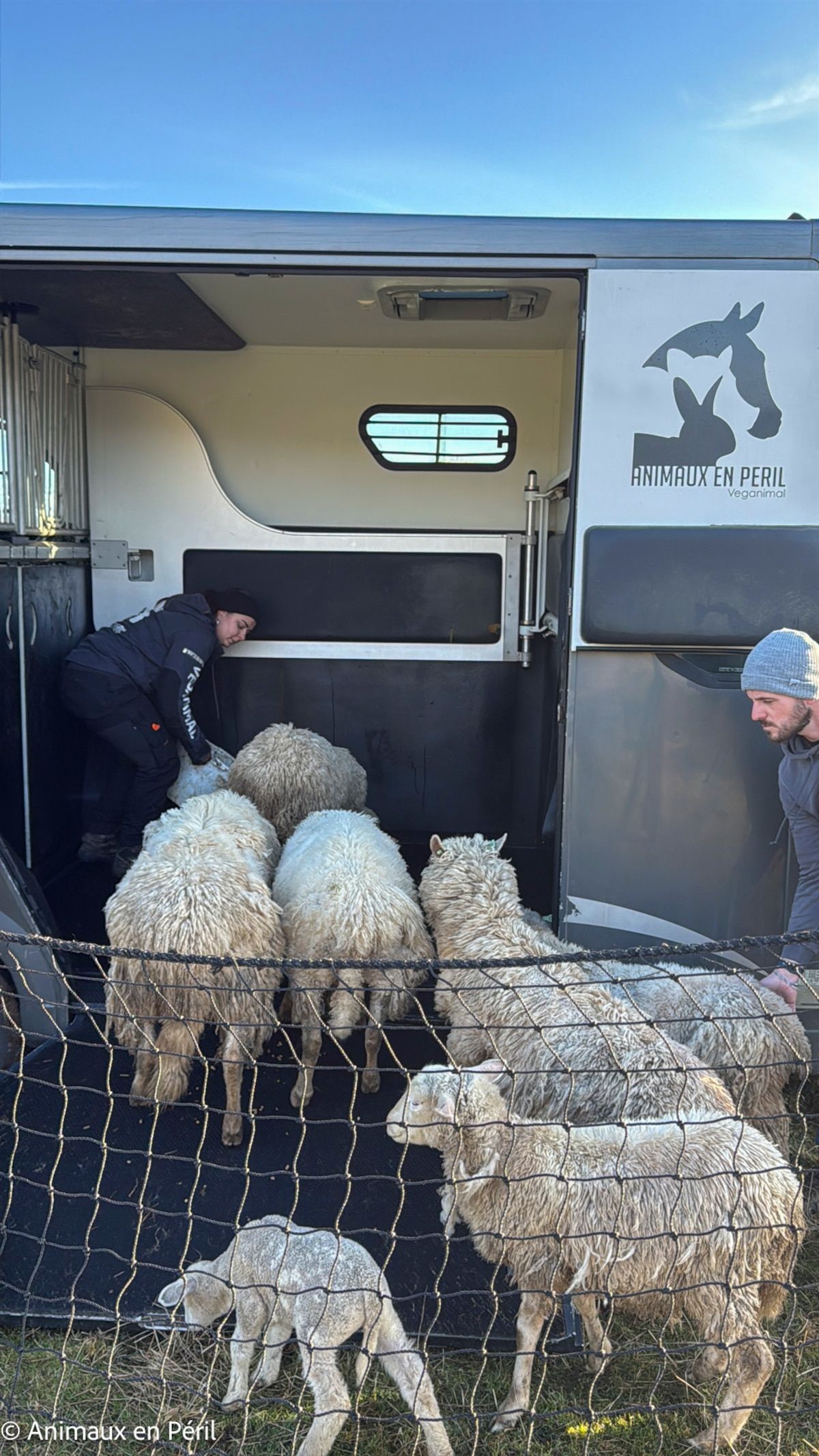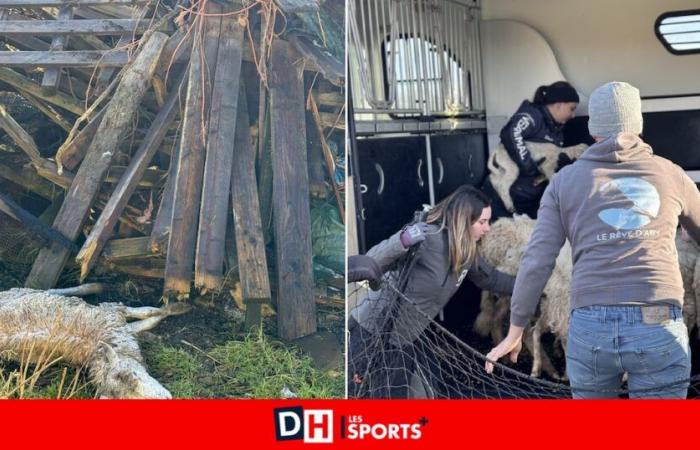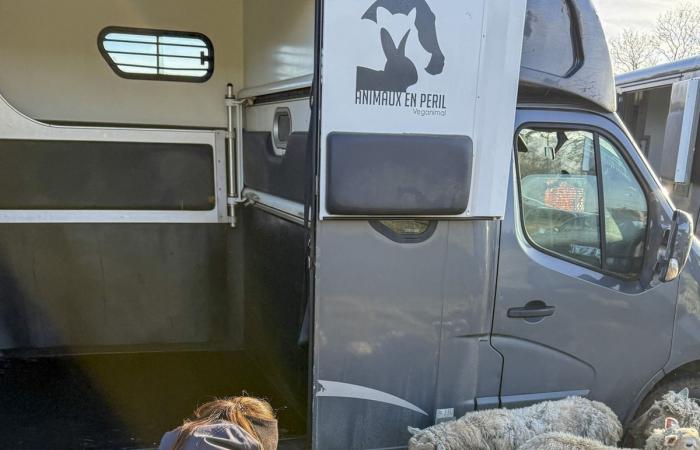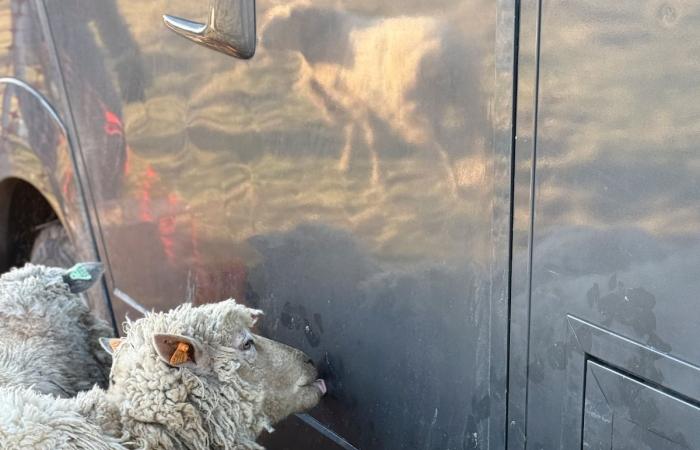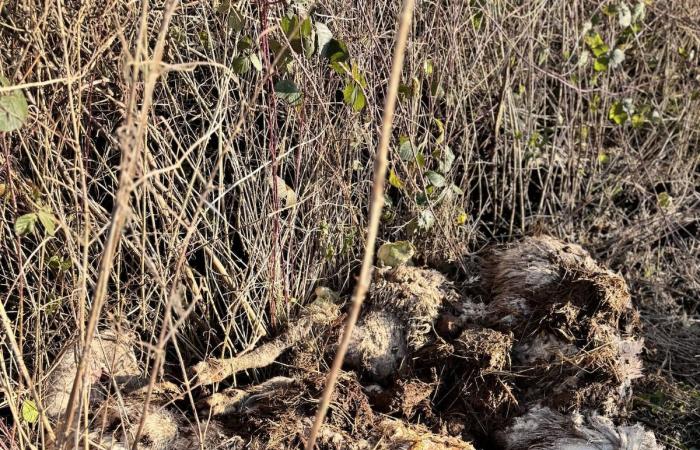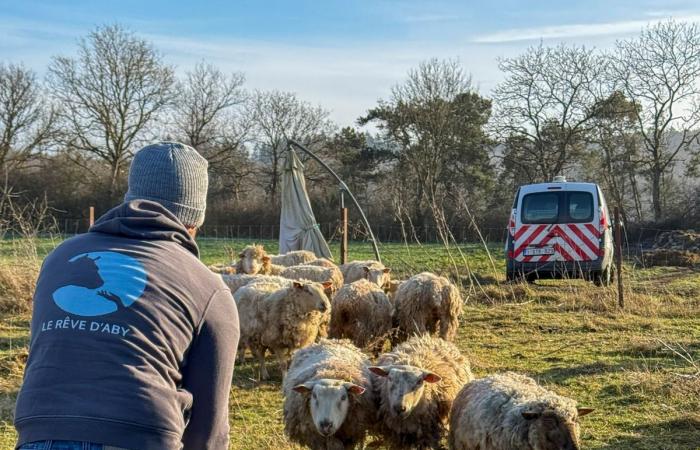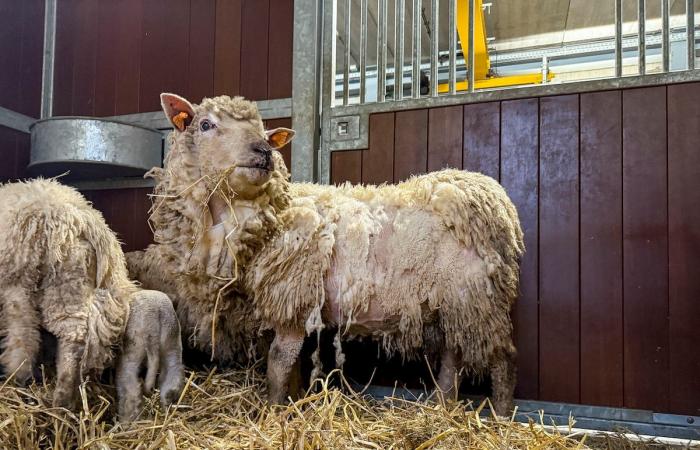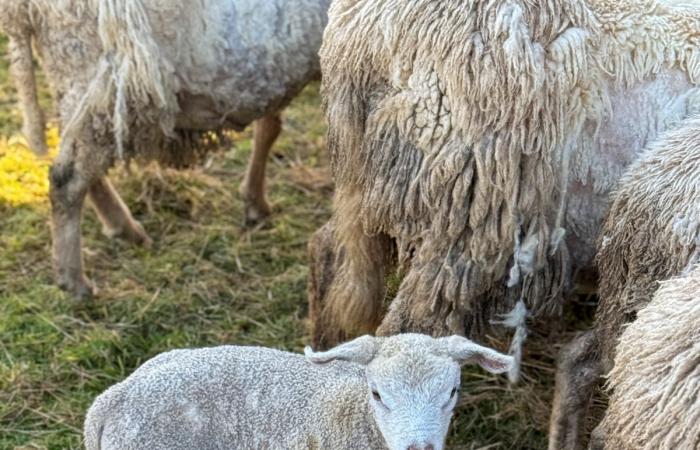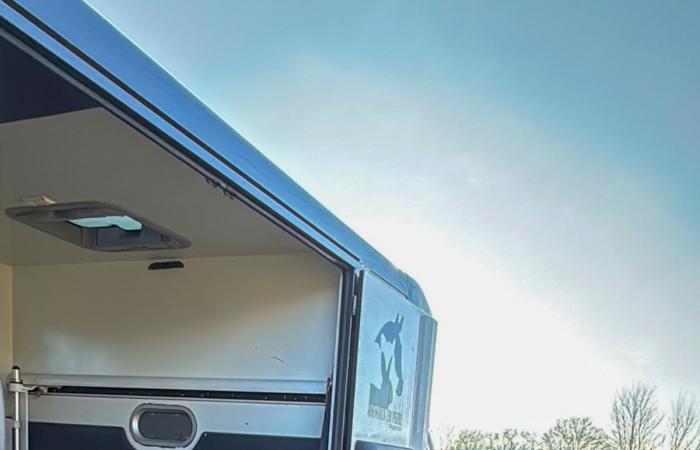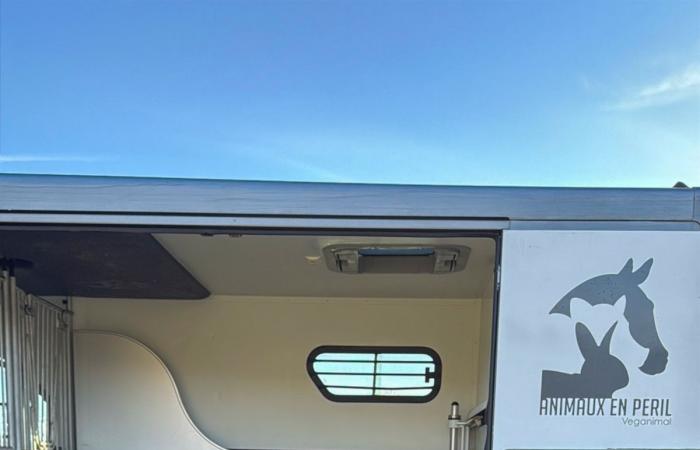At the scene, members of the shelters discovered seventeen dead sheep, including lambs, strewn on the ground. “The distress of the still living sheep is palpable. Hungry, dehydrated and desperate, they rushed to the responders as soon as buckets containing a little cereal appeared. As they approached them, the professional and volunteer caretakers noticed that the majority of the sheep were lame and had difficulty moving because they were so weak.“
The small herd was first contained thanks to a temporary enclosure installed by the associations. Exhausted, the survivors instinctively followed the healers holding buckets of food and climbed into the transport vehicles without resistance.
Dehydration, malnutrition and scabies
The associations did not see any water points in the meadow, which led to “the animals compulsively licked the condensation off the bodies of vehicles because they were so thirsty. They are emaciated, their thinness testifies to the total absence of sufficient and suitable food.“

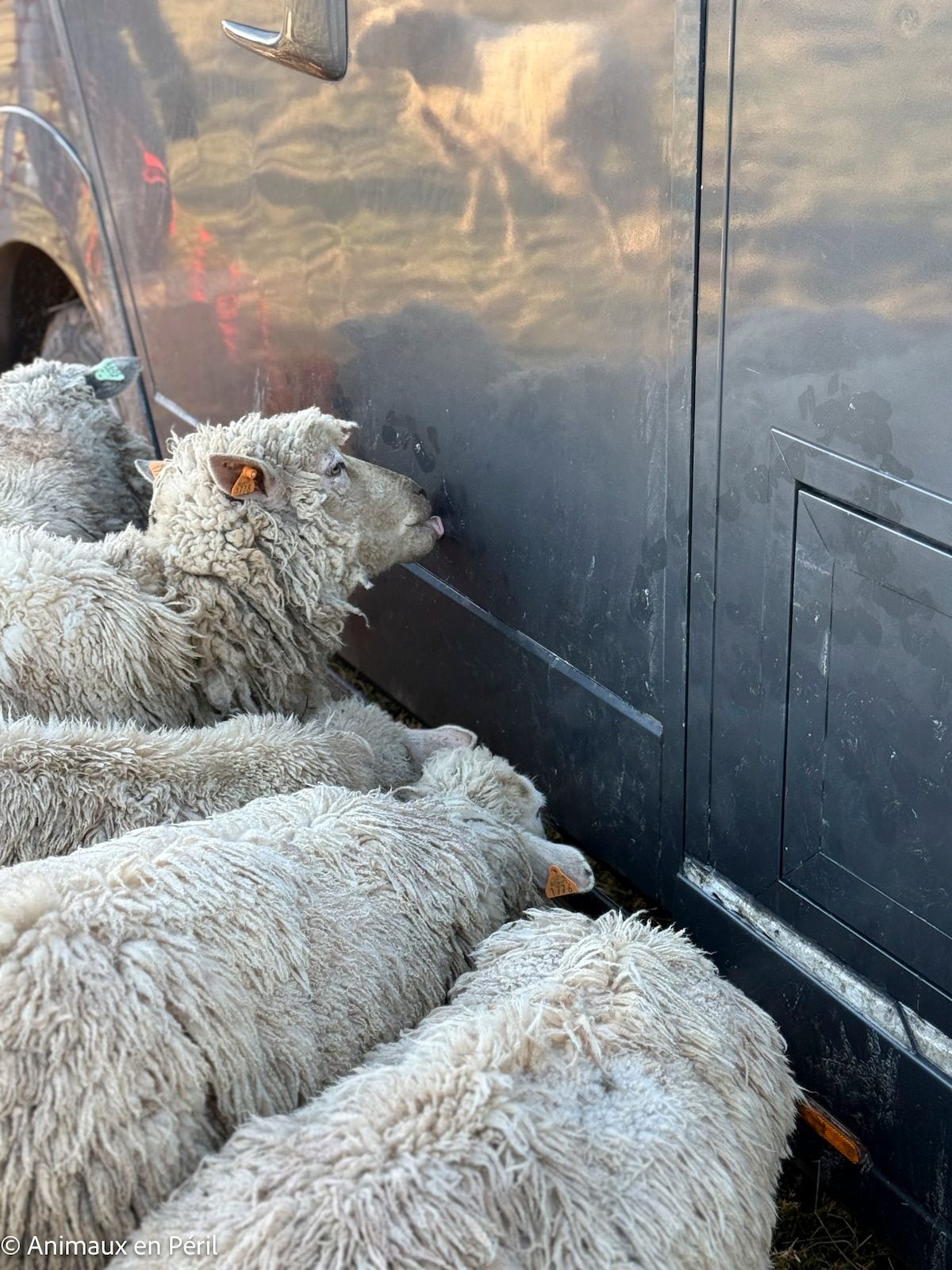
“Sheep also suffer from a severe form of scabiescontinues the press release. This parasitic disease causes skin lesions, gradually stripping their wool into shreds. Scabies, highly contagious, considerably weakens animals, causing weight loss, abscesses and infections that can be fatal. Without intervention, these sheep are condemned to slow agony.“

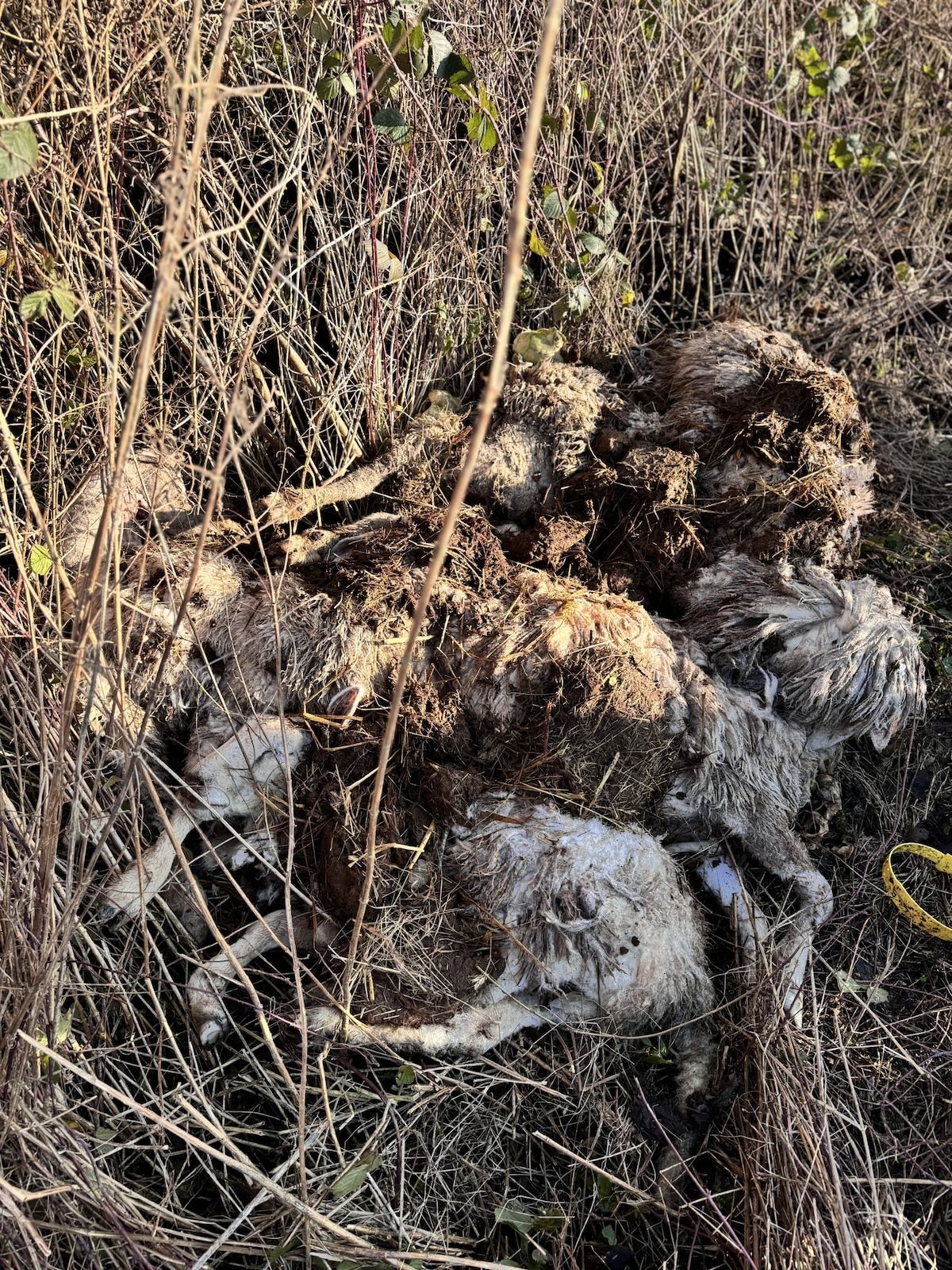
The fifteen sheep that were able to be saved were taken care of by the Animaux en Péril (Ath), Le Rêve d’Aby (Gembloux), Au Bonheur Animal (Bernissart) and Veeweyde refuge du marsh (Coutisse) shelters. Rebelote, upon their arrival in these structures, the animals rushed for the hay and water.
-All were examined by specialist veterinarians and received emergency treatment for scabies. “This treatment involves complete clipping to cleanse their skin and facilitate their recovery. The sheep are finally starting a new life.“
The owner risks big
The UBEA (Animal Welfare Unit of the Walloon Region) has issued a report for infringement of the Walloon Animal Welfare Code. “The owner may be prosecuted criminally or administratively. If the Public Prosecutor’s Office decides to take charge in this matter, it may refer the owner to the criminal court. This risks 8 days to 3 years in prison and/or a fine of up to 1 million euros. If the Public Prosecutor’s Office does not prosecute, the hand will then fall to the sanctioning official who may impose a fine of up to 100,000 euros, but also a withdrawal of animal keeping permits.ends the press release. Regarding the final destination of the animals, the decision rests with Minister Adrien Dolimont who has two months to confirm whether or not the animals will be entrusted to the associations they have joined.”
Concerning the corpses, they will be evacuated by a rendering service. The owner will also receive a fine for this offense from the environmental police. “It is forbidden to leave corpses without evacuating them.“

